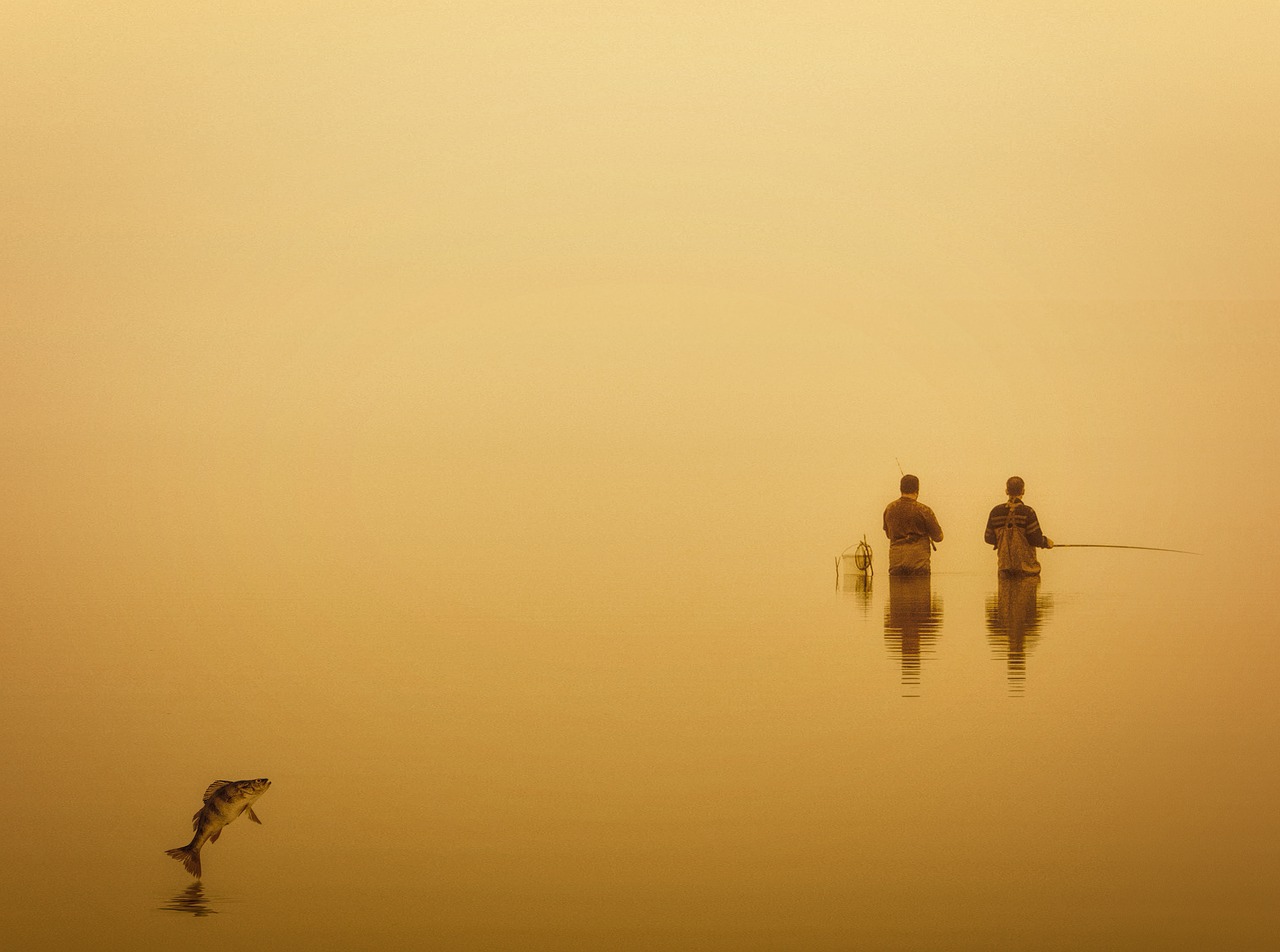Fish That Survive Longer Without Water
Just like me, I loved making fish as a pet, and I also made a fishpond in my backyard before because for me rearing a fish relieves stress.
It’s just so sad that they don’t live long. Just like most people, this is also the question I am asking.
I’ve been used to pet fish many times, but I didn’t have much chance because they kept on dying. Here are some facts about fish.
Fish necessarily needed oxygen in order to survive.
Water incorporates oxygen that has melted in it from gas, and fish gills can infuse the liquefied oxygen gas out of the water.
Fish that germinate to live on the water with depressed oxygen capacity, for instance, will ultimately stay out of water for a long time than those coral reef dwellers, which are reliant on hyper-oxygenated water.
Some are guessing that fishes lived only a few minutes away from water. I would also say maybe below or around 20 to 30 seconds. For some fish, it can differ.
During my younger years, when I fished a lot, I observed that a catfish remained alive for several hours despite being away from the water.
Factors that make fish leave water
As we all know, fish are meant to live in water. They were made to add beauty to the amazing world of water. However, just like us, some reasons will make us decide to leave our place.
Here are some of the reasons why some fish need to leave the water.
Escaping Predators
There are thousands of living creatures under the sea. Some are big; some are also tiny. Big creatures fed on the small ones like the whales – these are facts about fish.
Sharks were also fearless and ate almost anything they could find. This is one of the reasons why other fishes leave the water in order to survive.
This strategy is not limited only to those who can survive on dry land longer; other species also do the same even though they live for a short moment without water.
Low-Oxygen Environments
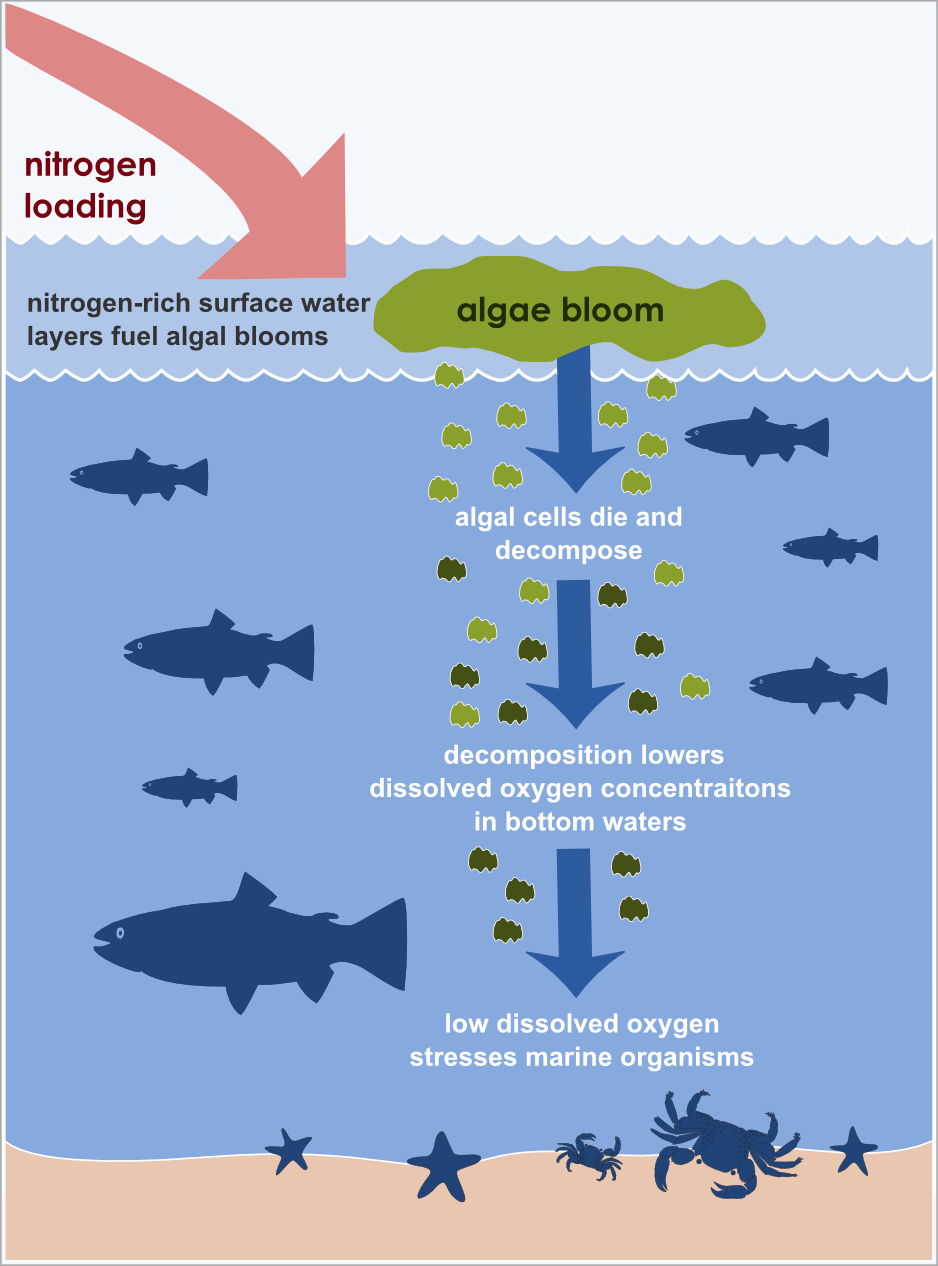
Fishes that observed having a low-oxygen in their habitat, also tend to leave and find greener pastures. They search for places wherein they can be comfortable with the air they breathe and even the food that they can eat. Having enough air makes them breathe well and stable.
Searching for Mate
Fishes are also finding a mate, especially in their breeding season. They tend to go somewhere if they can’t find it in their own place. Having a mate can make their life complete and lay more eggs.
Drying Current Water Source
Our climate changes, as well as our weather. On rainy seasons, rivers, lakes and even ponds are full of water, fishes living in it are also living normally.
However, drought is also happening, wherein waters are slowly going down, and heat is also going up.
This makes fishes uncomfortable, which makes them decide to leave the drying water.
Kinds of fish that survive longer without water
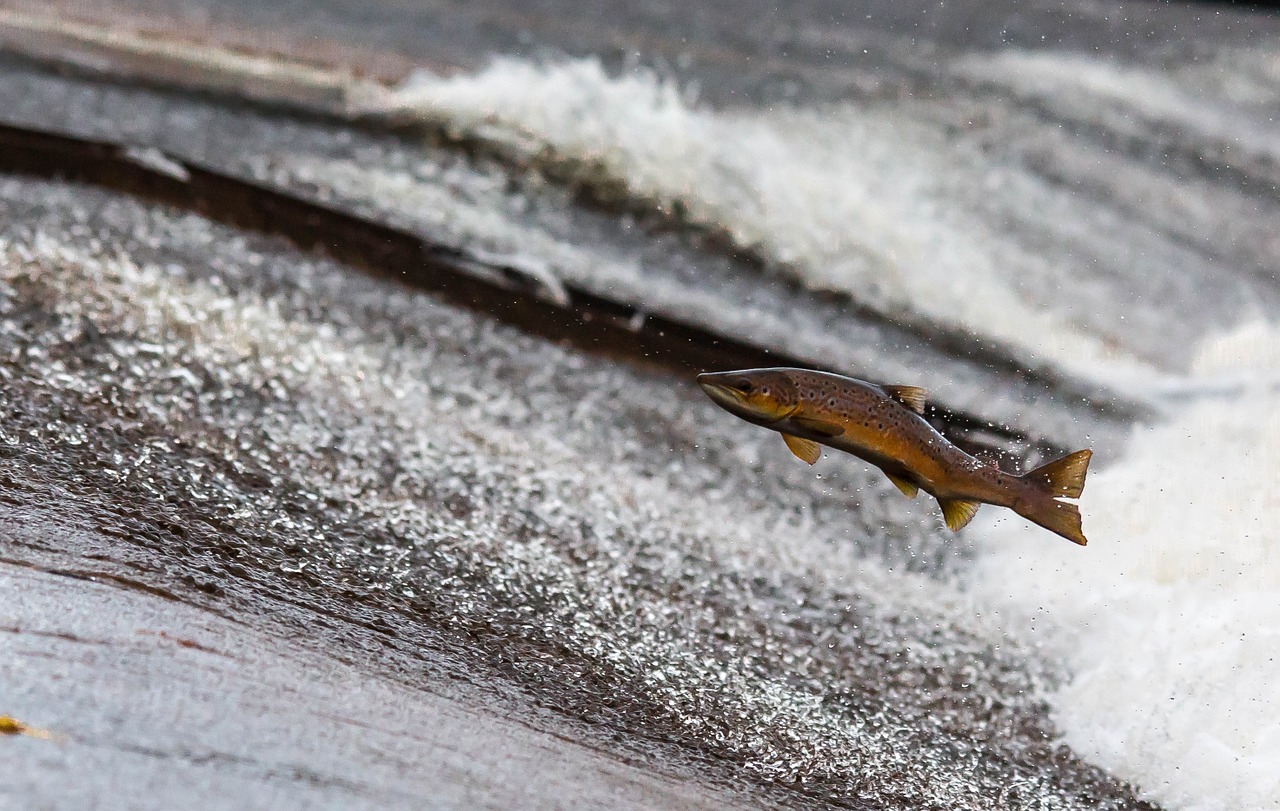
Creations never end to amaze us. Nature’s armament of creation is likely far beyond man’s understanding.
Below are some of God’s creations of fish that miraculously live for a long time without any water.
Lungfish
The lungfish can be found in three various continents Africa, Australia, and South America.
The most primitive lungfish to exist today is an Australian species that is around 150 cm long, or 5 ft.
This living species has a single lung, while other species that flourish today have dual lungs. On its little stumps are matched fins. The species is famous for its fat body.
Fascinating Truth About Lungfish
- Lungfish feed on plants as well as snails, frogs and various other tiny fish.
- Lungfish are able to breathe out of the water. They have some lungs and gills and these lungfish are really famous as travel bladders.
- African and South American lungfish do use of their travel bladders during the dryness or when the water dries ahead but they want to slumber or stay inactive in dried up sticky clay.
- Above all other fishes here, the West African Lungfish has the champion style to survive for a very prolonged time without water. They got gills and a lung. During a waterless season, they cover themselves in a mucus cocoon, dig into the dirt, and lie asleep for years.
Mudskipper
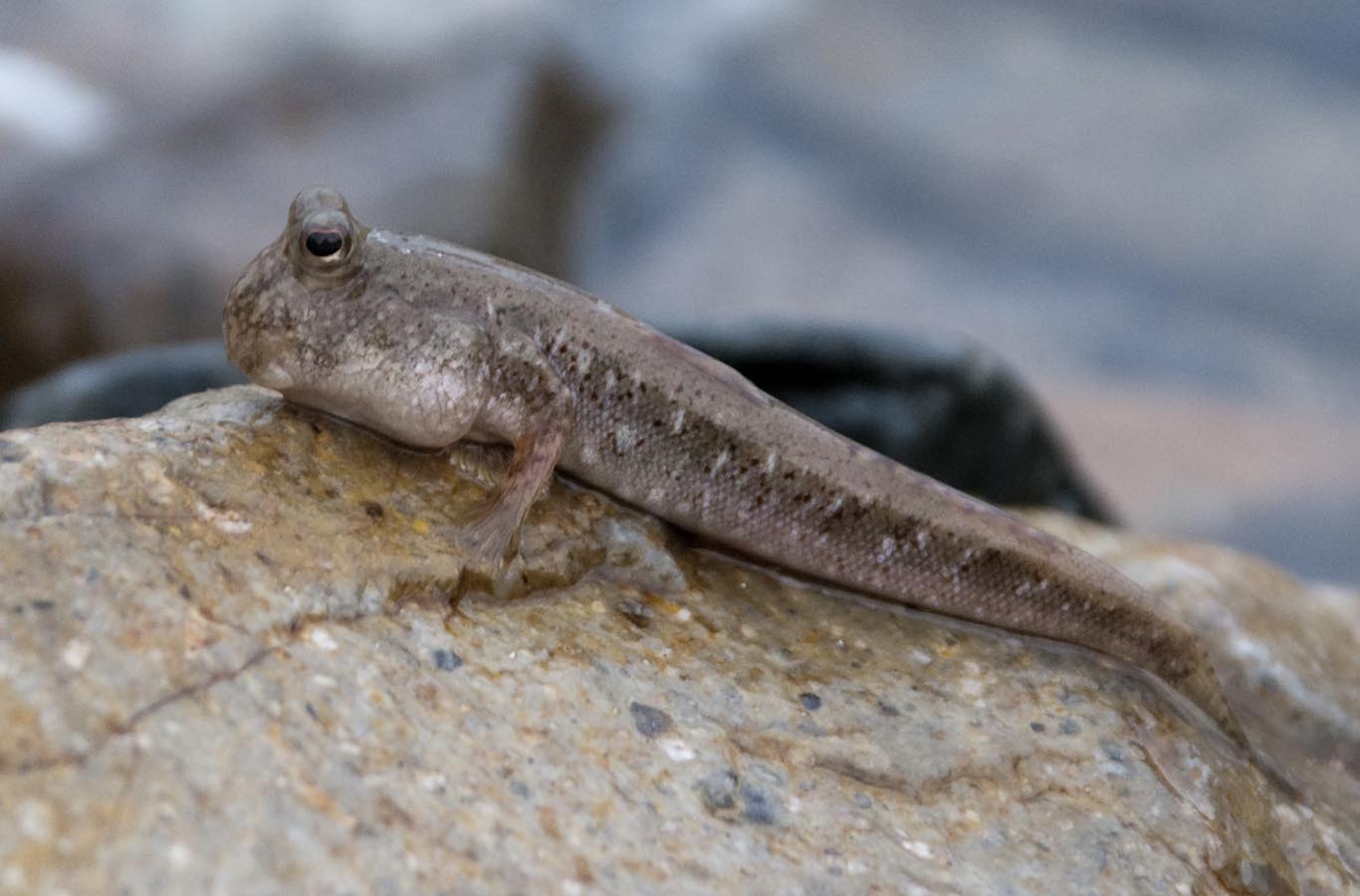
Fish that survive longer without water is Mudskippers – amphibious fish presently enclosed in the subfamily of Oxudercinae, inside the family Gobiidae or gobies.
Mudskippers can be called oxudercinae gobies that are “fully terrestrial for some part of the regular cycle.” They use their pectoral and pelvic fins to walk on the ground.
They typically dwell in an intertidal environment and show the specific adjustment to this environment that are not initiated in most intertidal fishes, which typically endure the withdrawal of the tide by hiding below wet seaweed or in tide ponds.
They are quite progressive when on the ground, eating and acting with each other to defend their territories and woo possible partners.
They are found in tropical, subtropical, and temperate regions, including the Indo-Pacific and the Atlantic coast of Africa.
Discover more locations to catch big fish in Alaska.
How Mudskippers Breathe on the Land
- Mudskippers have the power to breathe through their skin and the protective cover of their mouth or the mucosa and their pharynx. However, this is only potential when they are wet, restricting them to wet surroundings and needed that they maintain themselves damp. This way of breathing is the same as that of the amphibians which are famous for breathing through their body covering.
- Another essential version that aids their breathing while out of water is their expanded gill chambers, where they hold a breath of air. These chambers close hardly when they were above water, due to a ventromedial structure of the gill opening, keeping the gills wet, and allowing them to function while exposed to air. Gill strand is strong and does not mix when out of the water.
- Excavating deep tunnels in soft substance lets the fish thermoregulate, prevent water predators during the high tide when the fish and tunnels are drowned, and place their eggs. When the burrow is submerged, numbers of mudskipper keep a pouch of air inside, which enables them to breathe in the good state even though in very low oxygen.
Mudfish
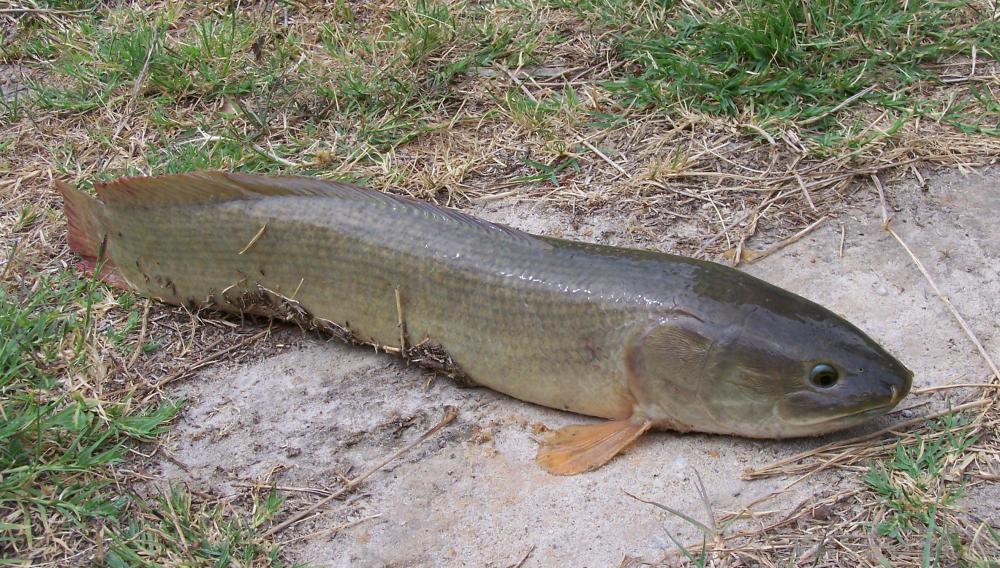
One of the facts about fish is that mudfish are likely one of the least renowned freshwater fish.
There are five species in New Zealand, and they have become special for life in a typical type of environment: wetlands, drains, and forest lakes that dry up in summer.
Mudfish can survive in this environment because they know how to endure being out of water during the dry season. They are long, thin-bodied fish with pointless heads and small eyes.
Three of the five varieties don’t have pelvic fins, and this is the safest way to differentiate them from other members of the Galaxiidae family.
Survey says that mudfish developed during the drought sleeping period and breed as soon as their surroundings are re-flooded in the autumn.
This provides the larvae with an extended period of water in which to germinate and grow. Not all brown mudfish sleep, as many live in stable water.
This kind of fish may egg at whatsoever time of the year.
Fish That Survive Longer Without Water: Conclusion
After learning all these amazing facts about fish, wow! I’d say how powerful the maker is. Making fishes live on land while they are really meant on water. But the West African Lungfish, for me, is the champion of all.
The most important thing to learn is to keep our environment safe and clean so that the creatures that live in it can also live normal lives. Fish are also special, though not all have the abilities to survive without water.
